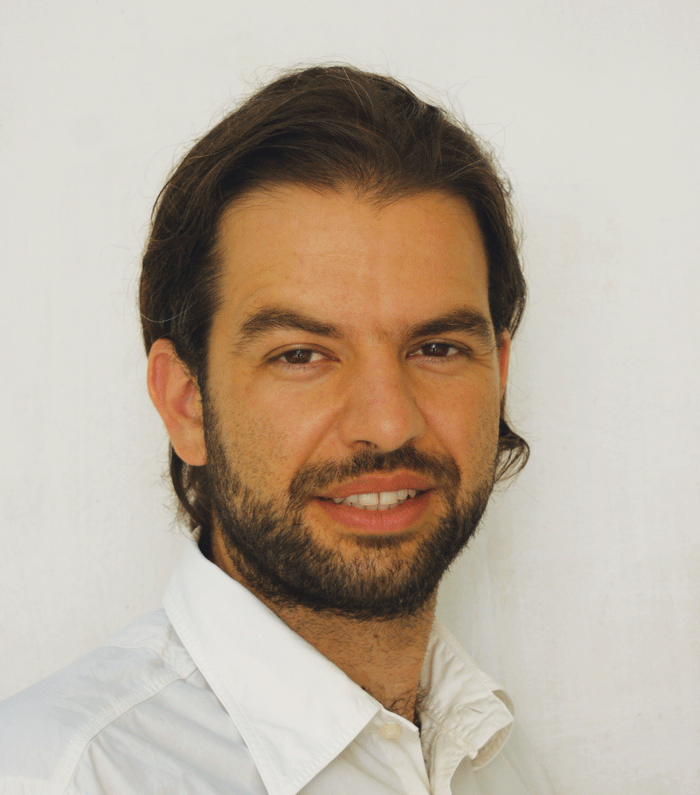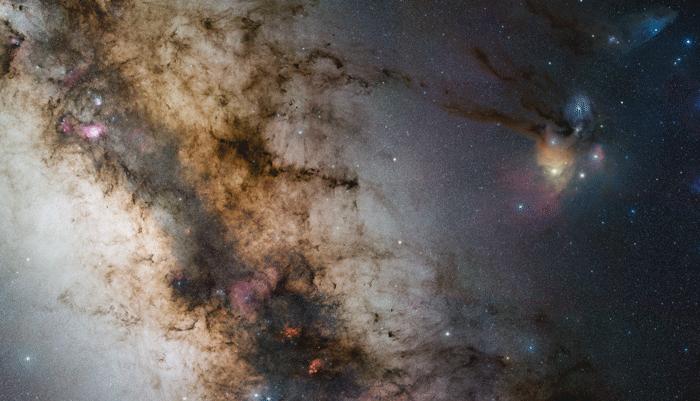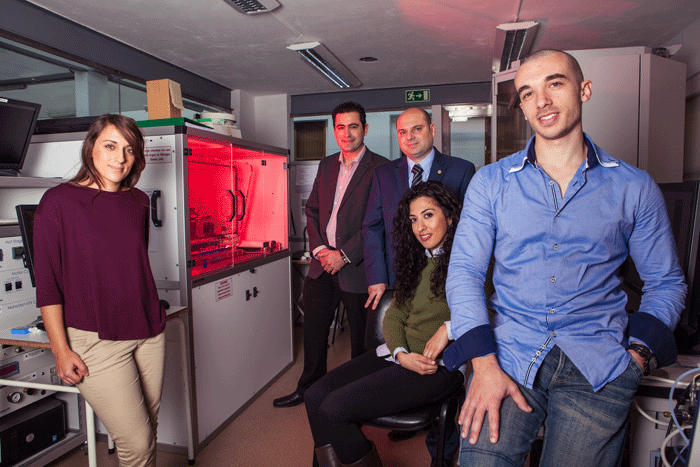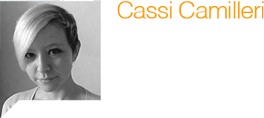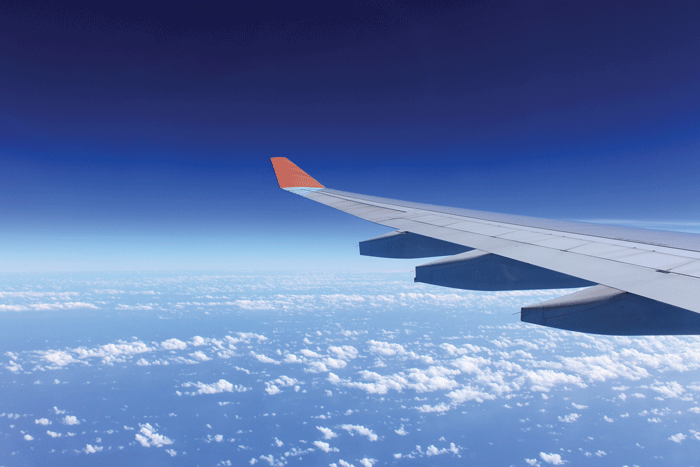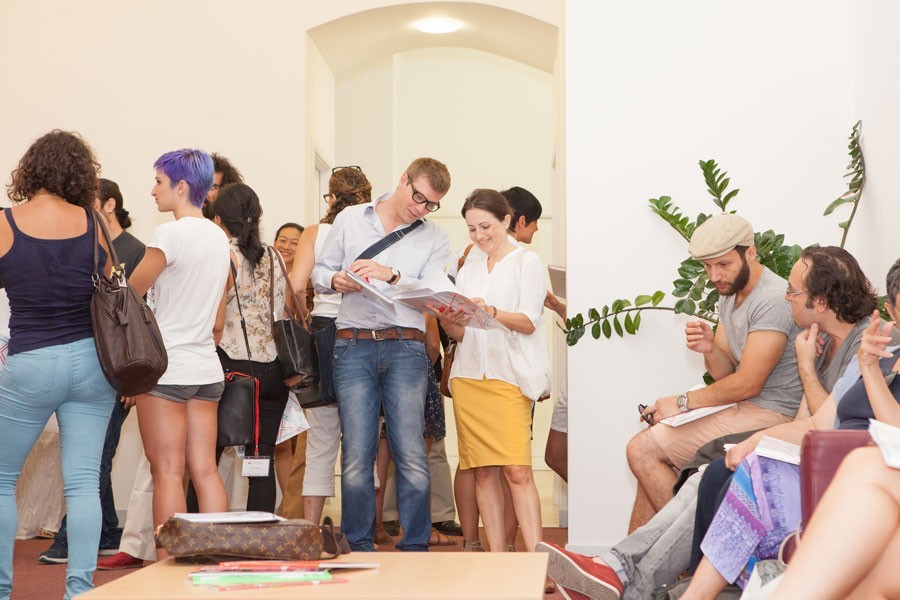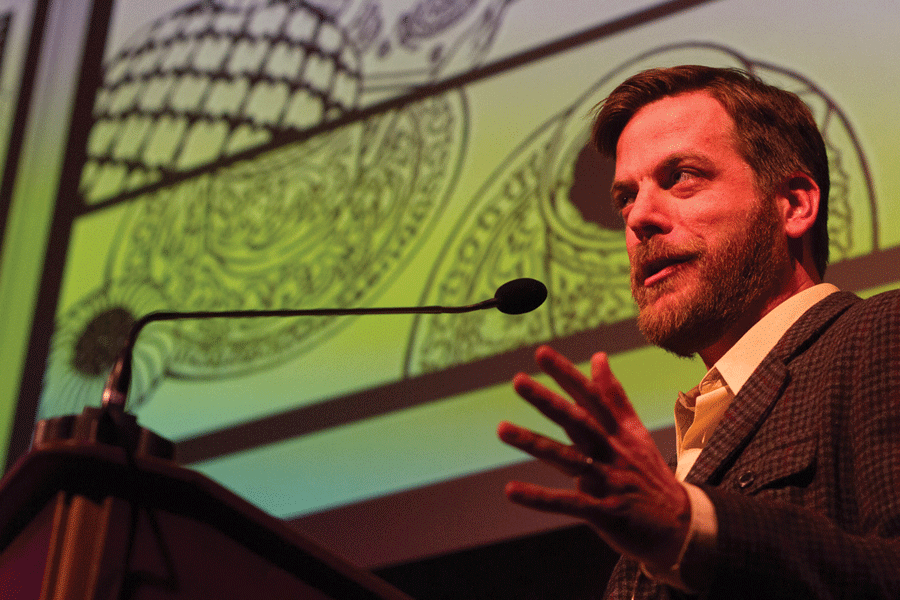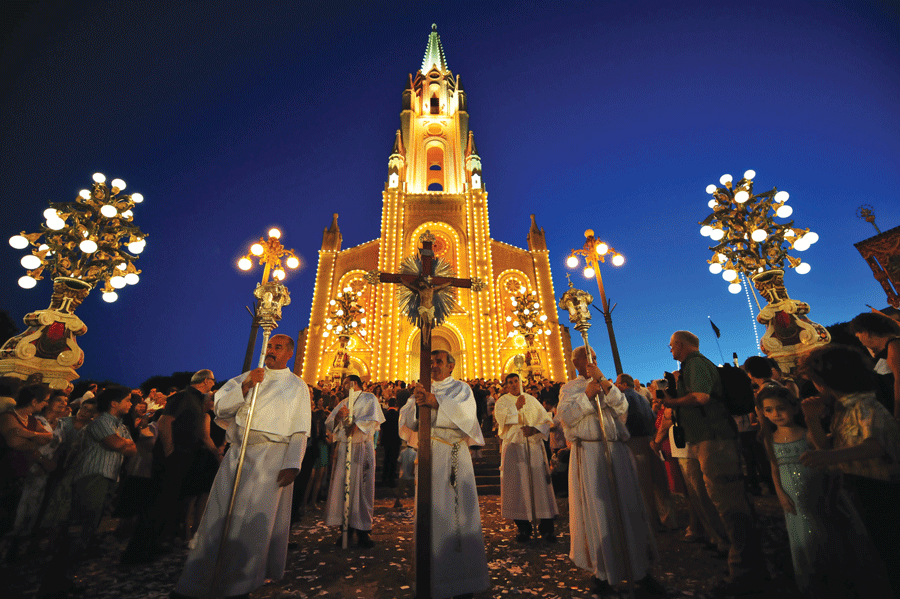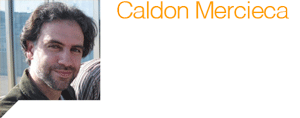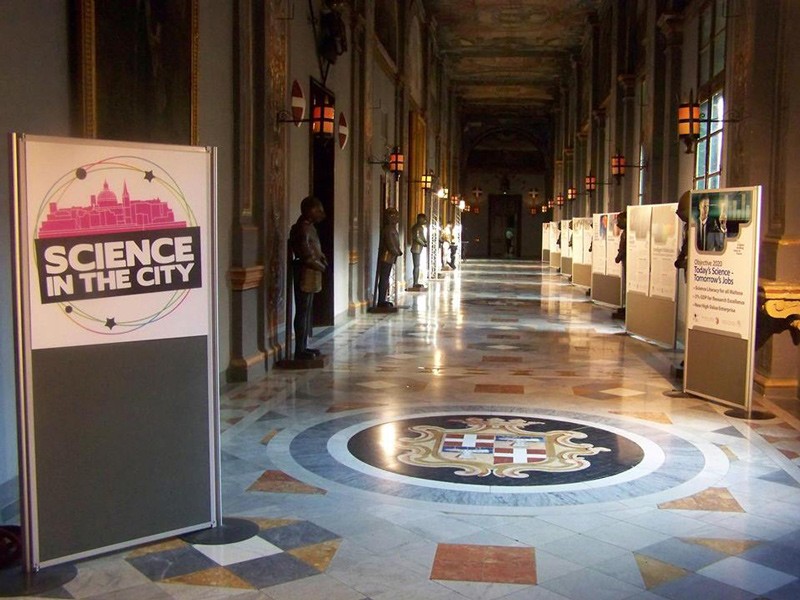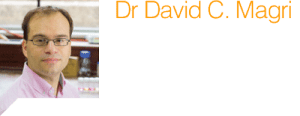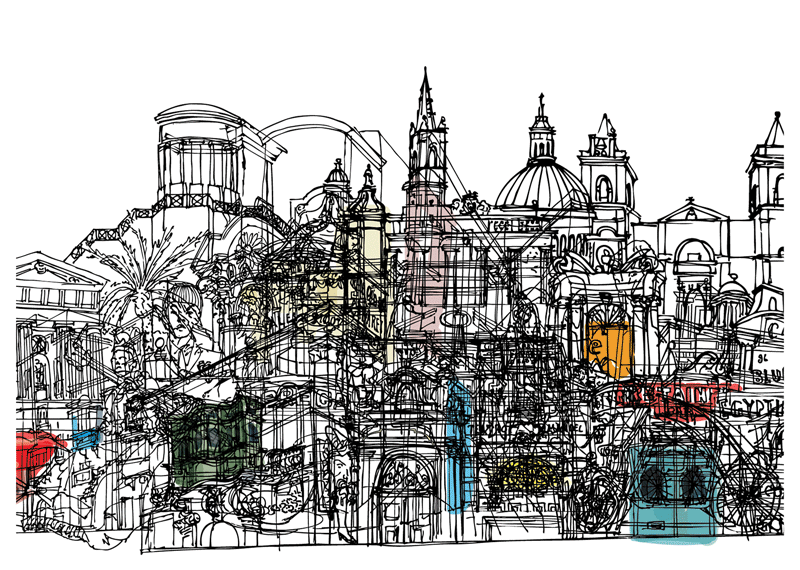Light up my Universe
What is the universe made of? How was it formed? How old is it? Will things stay the same forever?
The night sky is shedding its secrets as Ian Fenech Conti (Institute of Space Science and Astronomy) talks about his work measuring the most elusive matter in the universe.Continue reading
Hips 4 Eternity
All over the world, hip replacement surgeries are on the increase. Provisional data from the hip replacement register at Mater Dei shows that, in Malta during 2014, 145 people needed their hips replaced while another 11 needed revisions to old implants. With costs that run into the thousands, the problem of faulty implants caught the eye of a local research team of engineers and medics. Cassi Camilleri finds out more about their work in solving the dilemma. Photography by Elisa von Brockdorff
Let us fish4tomorrow
All over the world, governments and stakeholders are trying to cope with overfishing. Overfishing is when too much fish is caught which leads to an overall degradation of the marine ecosystem. It is the non-sustainable use of ocean resources. Words by J.D. Farrugia
Continue reading
Lighter and Stronger Planes
Bonnie Attard talks about the aerospace industry and how it can be improved.
Placing Cultural Research on the Map
The Valletta 2018 Foundation recently started a five-year research study to evaluate and monitor the European Capital of Culture (ECoC) project in Malta. The process combines both quantitative and qualitative approaches to collect data that will be communicated to the general public and interested stakeholders. This research will provide feedback to help fine-tune or correct the Foundation’s operations. The process aims to provide a local model for research in culture and the creative sector in order to encourage more cultural research after 2018.Continue reading
A Relationship of Cultures
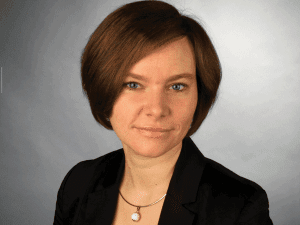
Malta is European (and a few other things). So European that in 2018 Valletta will be the European City of Culture (ECoC). ECoC was set up to raise awareness about ‘Europeanness’ with mixed success over the last 25 years.Continue reading
Informal and formal cultural disruption
Valletta is preparing to be the European Capital of Culture (ECoC) in 2018. In its run-up a Cultural Mapping Project is currently being implemented in Malta to map cultural places around the Islands. The project is focusing on public space discourse in a contemporary urban setting.Continue reading
Science and Politics
Think meets up with Dr David Magri to tell us more about how he is trying to help scientists and politicians to network. Evidence-based policies need the input of scientists from all fields and are the future for Malta’s policy makers to develop a better, richer, and happier Malta.
Q: In a small country like Malta were everyone knows each other, why do scientists and politicians need to network?
A: Even in a small country like Malta, people do not know everybody. In particular, scientists and politicians are two groups of individuals with busy schedules and different priorities. Because of the inherent nature of their professions, these two groups have no natural reason to meet. Scientists spend a considerable amount of time in their office, laboratory, in meetings, out on fieldwork, and at conferences. Politicians spend a substantial amount of time in their office, in the House of Parliament, at meetings, events, and attending conferences. However, for the nation’s interests, science and research policy is important for future competitiveness with regards to technical skills and human resources. Parliamentarians and governments set the national priorities for research, but researchers need to meet these research objectives. Researchers have a better understanding of what is feasible and what resources are needed.
“Scientists and politicians are two groups of individuals with busy schedules and different priorities”
Q:How are you trying to get them to engage?
A: The Malta Chamber of Scientists has established Science in the House as a networking forum between scientists and parliamentarians. Under the auspices of the House of Representatives, Science in the House is also a poster exhibition highlighting some of the leading research conducted in Malta, particularly at the University of Malta. Now in its third year, the event continues to build momentum with greater participation every year. It takes place in the Presidential Palace in Valletta. This year a number of parliamentarians with science-related interests and backgrounds have been asked by personal invitation to attend the opening ceremonies of Science in the House.
Q:What is the role of Science in the House as part of Science in the City – European Researcher’s Night?
A: Science in the House is the opening ceremony for the Science in the City festival. During the weekend festival the Presidential Palace is open to the public in the evening. The poster exhibition is left on display for parliamentarians to view, and afterwards left on display over the Notte Bianca festival allowing the general public including students, parents, and tourists to view the exhibition. During the week an estimated 6,000 visitors viewed the exhibition last year.
Part of Science in the City, Malta’s Science and Arts Festival
For more stories click here
The event is supported by the Malta Chamber of Scientists, the RIDT University Research Trust, the University of Malta and the House of Representatives. For more information see
www.mcs.org.mt/index.php/events and on www.scienceinthecity.org.mt
Multicultural Valletta
Valletta will be the European Capital of Culture in 2018 and has served as the centre of multiculturalism in Malta since its beginning. Built soon after the victory of the Hospitaller Order of St John over the Ottoman Empire in 1565, it meant to serve as their Fortress Convent. The knights came from all over Europe and helped attract people from all lifestyles. Valletta had a cosmopolitan atmosphere that impressed itself on the character of the city helping to enrich the country especially in creativity. The Order of St John managed to establish a ruling system which seeped down the social scale and gave character to the Harbour area. The cultural magnetism of the City was underlined by its political centrality. Functioning as an administrative capital, Valletta determined the fashions and values of the Grand Master’s court. Similar to early modern European capitals, Valletta was a powerhouse of cultural change.
British rule in the 19th century introduced new cultural elements with an Anglo-Saxon tone. The Royal Navy and the numerous other ships that anchored in Valletta’s adjacent harbours poured in many foreigners who came for short or long stays and mingled with the locals. This made Valletta a melting pot of nations, cultures, tastes, values and mentalities. Yet novelties did not manage to destroy or replace what had already been entrenched in the life and fabric of the city. All it did was enrich it further. The city put on a new dress but did not renounce its soul, and the residents adapted to the new trends without forgetting their roots.
Valletta continued to grow in its multicultural mentality, a natural process for a central Mediterranean city. It is an administrative and cultural centre. Over five centuries, people from different cultural environments have thrived and lived harmoniously together.

